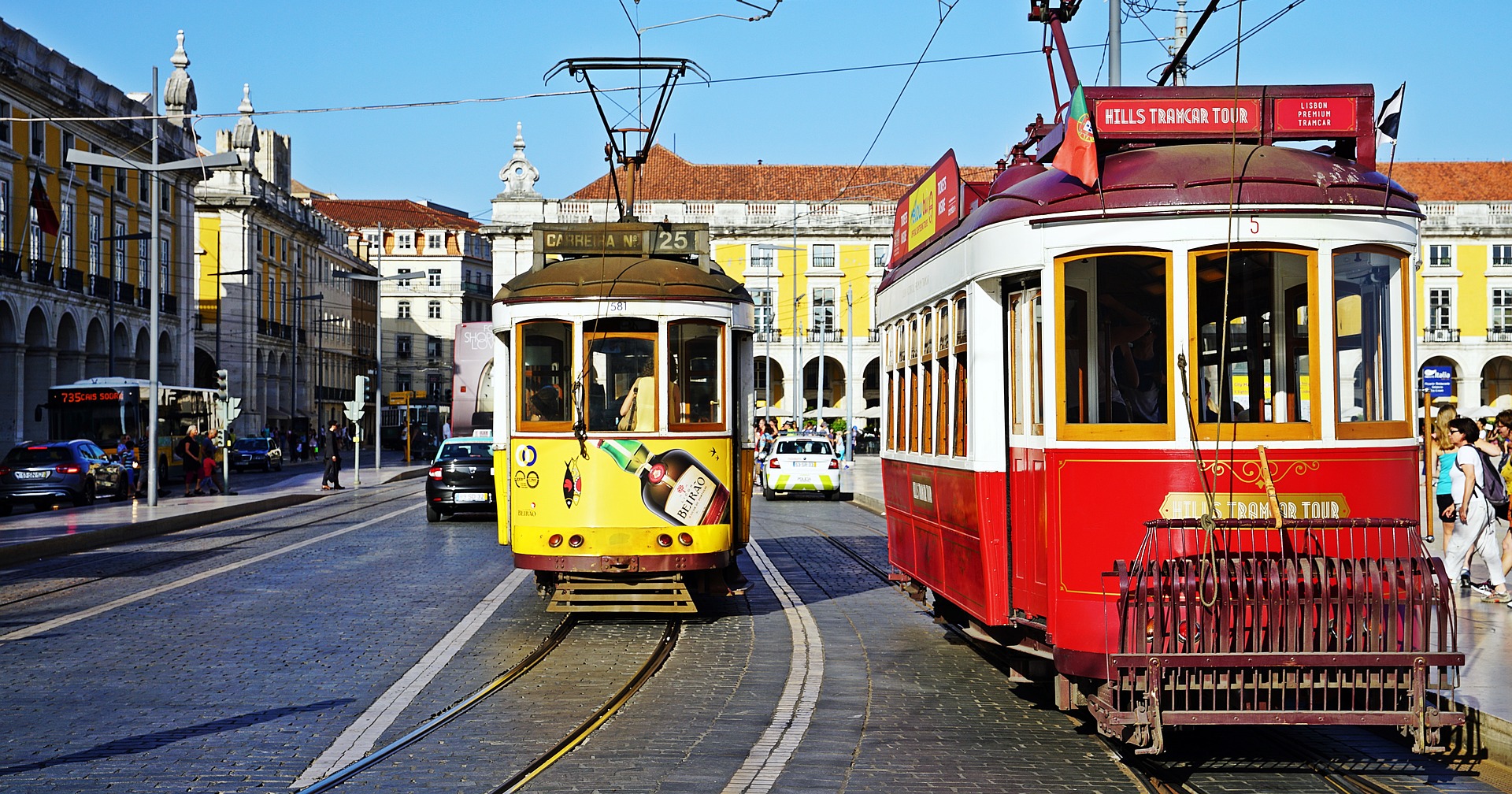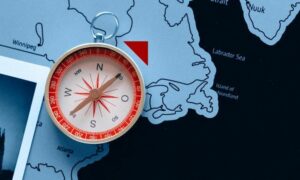Despite all the research you do to understand the culture upon moving to a new country, there are still some things that will take you by surprise. Below is a list covering what you should know about Portugal before moving, to help you adapt better.
The language barrier
Despite the fact that Portugal, particularly Lisbon, is a major expat and digital nomad spot – not to mention a big hub for startups and international companies – most services are conducted in Portuguese. Don’t be surprised when you call the tax services or your internet service provider and all the instructions to get through to an actual person are in Portuguese only. Even if you speak Portuguese from another country (e.g. Brazil, Angola, Cape Verde, or Mozambique), you might still need to adapt to the way the language is spoken in Portugal. The Portuguese speak very quickly and tend to not enunciate.
The bureaucratic headaches
You might have heard some negative and perhaps even entertaining stories about the bureaucracy of Portugal. It’s all true.
Bureaucracy here rarely makes sense, and most of the time you discover five unforeseen loopholes to jump through. On top of that, different people with the same job responsibilities will give you different information, so you really need to triangulate your sources. Even Portuguese people go through these headaches.
That being said, after things are seemingly taken care of, you should still follow up and check just in case. For instance, if you request a car repair shop to pick up your car and they don’t show up after an hour, it could just be tardiness. But it’s most likely that your request never got registered in the first place. And there’s no plausible explanation or justification for it. You’ll just have to place the request again.

The cold no one warned you about
Portugal is a country with a mild climate, but despite being a small country, it has various types of weather. Contrary to popular belief, Portugal is not always in “summer” mode. Porto tends to be colder and rainier than Algarve, and Lisbon is somewhat in between (geographically and weather-wise). Beaches near Porto are great for surfing but you will need a thick wetsuit, whereas in Algarve you might not need one.
You will also most likely be cold in the winter. Even though the temperature rarely drops below 0° Celsius, few houses and apartments are equipped with a central heating system. In fact, most of the buildings are old and poorly insulated. In order to adapt to the cold in Portugal, you will need a heater and wear layers.

The lack of diverse cuisine
Portuguese food is fresh and delicious, which is a good thing considering it’s not easy finding other types of cuisines or groceries. Lisbon is, of course, more diverse than other parts of the country, and thus easier to experience other cuisines. If you miss your food from your country, it’s a good opportunity to learn to cook it.
The cost of living
If you’re earning a Portuguese salary and aren’t an executive, you might struggle with high rental prices and low salaries. You probably won’t be able to afford living alone, and most people don’t. In fact, it’s even acceptable that a lot of working adults still live with their parents. If you’re lucky to find a decent accommodation or can share with a partner, life will be more affordable, as groceries and local restaurants are reasonably priced. One positive is that houses outside of Lisbon are affordable to buy, and a mortgage is usually cheaper than rent.
The delivery services
The postal services don’t always work well in Portugal, especially if you’re getting something shipped from outside of the European Union. Items are usually detained at customs for inspection, and this can take between three days and three months. The best way to ship something is to get a tracking number. If your delivery does not arrive, you will have to call constantly to check up on your items.
In the second-worst case scenario, you will need to get in touch with the country you were shipping the package from, and ask their postal services to call the services in Portugal (usually CTT) to ask them to accelerate the process. Worst case scenario? Your packages get lost forever. I have friends who shipped their personal items such as surfboards from Portugal to their country, and never received them.
The taxes
For some reason, Portugal has been advertised as a low-tax country. Perhaps taxes are lower here compared to other Western European countries, but all other things relative, taxes are quite high in Portugal, and not just on your regular income. If you own a company, or have other types of income such as rent, expect to be paying up to 50 percent or more on taxes. Also, it’s important to note that “taxes” can refer to social security payments as well as IRS tax refunds.
The driving style
Driving in Portugal is an unnerving experience. In fact, accidents are a daily occurrence in Lisbon. The first issue is that the way the roads were designed often doesn’t make sense, particularly in Lisbon. Even the GPS sometimes has a hard time. Roads that allow merging onto the main road appear right before the exit. This means that while you are slowing down to take your exit, there are cars coming directly at you from the merging road on your right. Aside from that, drivers tend to have a “every man for himself” mindset. Tailgating happens regularly, and illegal or inconsiderate parking as well.
The tips above will hopefully help you adapt to life in Portugal. Don’t let the challenges mentioned discourage you – it’s all part of the charm.

About the author:
A graduate of Claremont Graduate University in Claremont, Calif., Liina Edun has a background in psychology and a career in writing and content management.
Having lived most of her life as an expat, she is currently located in Lisbon.
See all of her work for Dispatches here.
See more on Dispatches here about Portugal.














